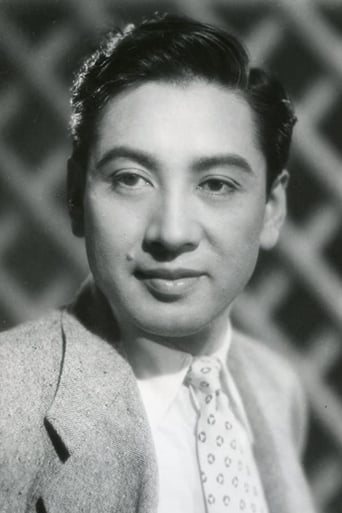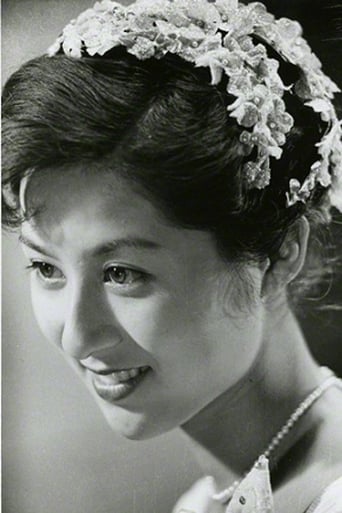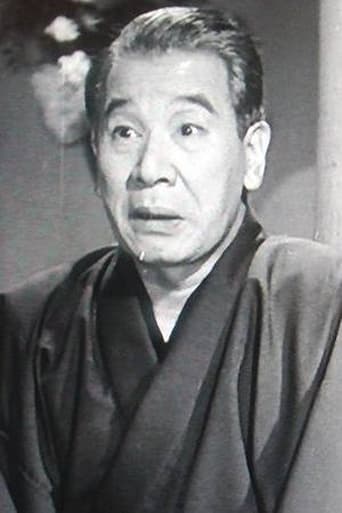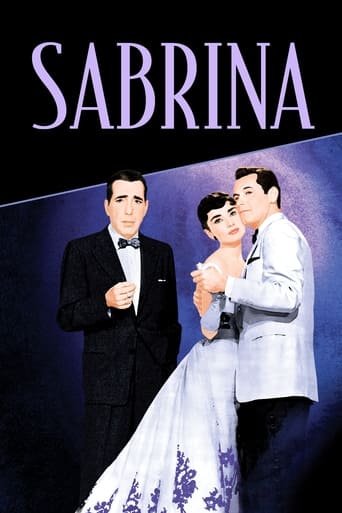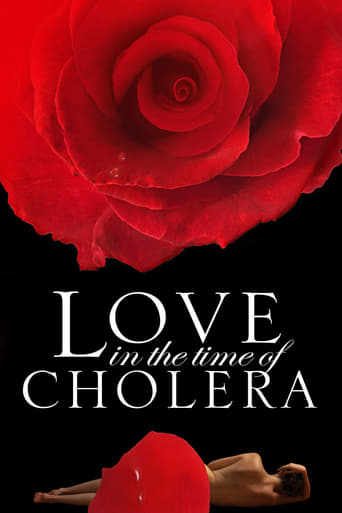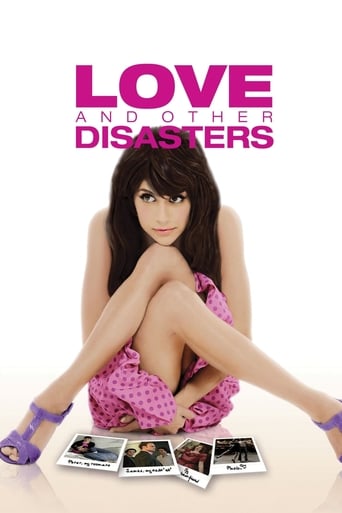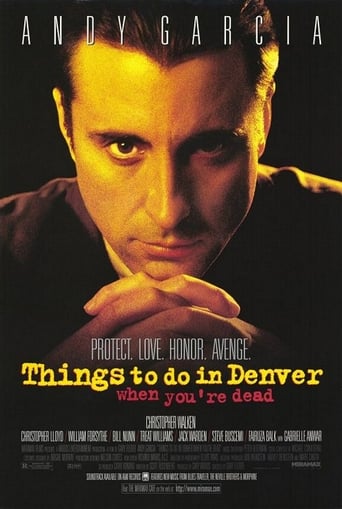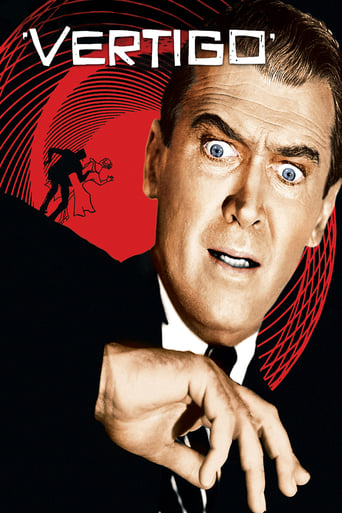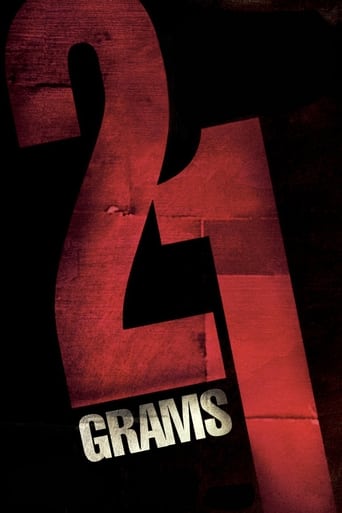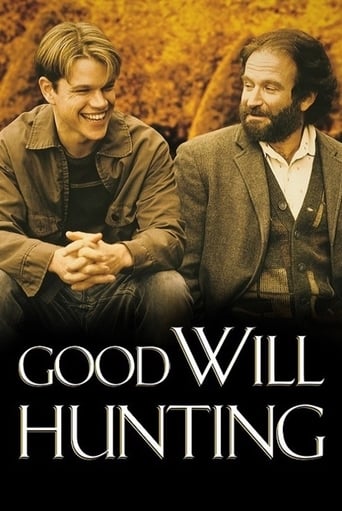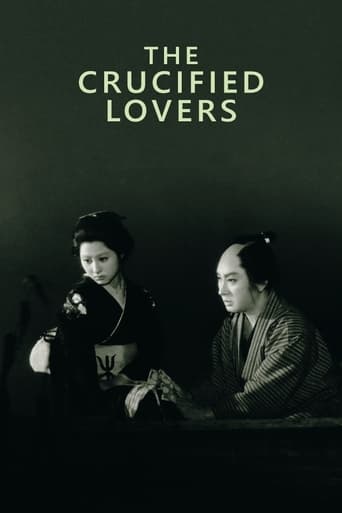
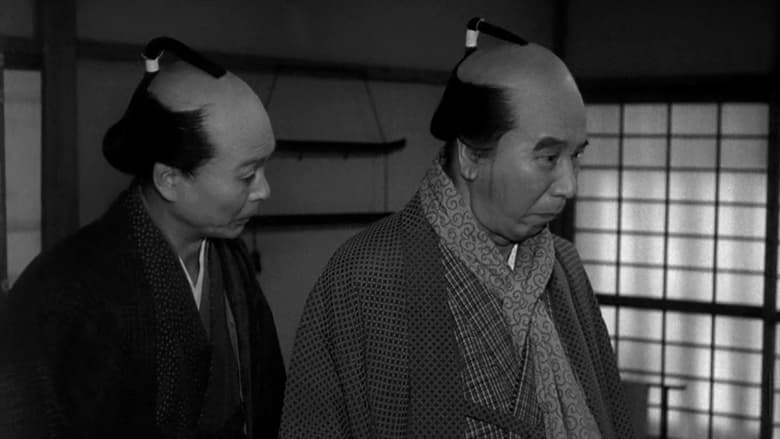
The Crucified Lovers (1954)
In 17th century Kyoto, Osan is married to Ishun, a wealthy miserly scroll-maker. When Osan is falsely accused of having an affair with the best worker, Mohei, the pair flee the city and declare their love for each other. Ishun orders his men to find them, and separate them to avoid public humiliation.
Watch Trailer
Cast


Similar titles
Reviews
It's no definitive masterpiece but it's damn close.
Entertaining from beginning to end, it maintains the spirit of the franchise while establishing it's own seal with a fun cast
It's a good bad... and worth a popcorn matinée. While it's easy to lament what could have been...
An old-fashioned movie made with new-fashioned finesse.
Set in 17th century Japan, and based on a 1715 play by Chikamatsu Monzaemon (hence the title, 'A Story From Chikamatsu'), this film starts with a rich scroll-maker (Eitarō Shindō) refusing to give his wife (Kyōko Kagawa) money. When she turns to one of his top apprentices (Kazuo Hasegawa), she sets in motion of a chain of events that ultimately have them fleeing together, because the apprentice, normally a virtuous man, intended to take the money from the scroll-maker and was caught. The story reveals emotion and desire that is both on the surface, such as the scroll-maker sexually harassing a young servant (Yōko Minamida), as well as that which is concealed. It shows us the randomness of events which may cause everything to suddenly change in one's life; as the wife puts it at one point, "Nothing is more unpredictable than a person's fate. In just one day, all of this has happened to us." If you've ever had your life flip suddenly because of love, you'll identify. The film also shows the all-too-common fate of women; the advice given to the young servant being harassed is to "Just take it. That's the duty of an employee." Adultery is also blamed first and foremost on the women ("It's frightening what women are capable of"), and it's ominous when a couple of adulterers are being led through the town to be crucified early on in the film. It's a solid film throughout – the cast is strong, the story is well told, and there are some gorgeous scenes, one of which is in a bamboo forest. I don't think it's going to blow you away, but it's a good one.
"A Story From Chikamatsu" (Lit.). Viewed on Streaming. Restoration = nine (9) stars; cinematography = eight (8) stars; subtitles = seven (7) stars; music = two (2) stars. Director Kenji Mizoguchi's fascination with classical literature from and dramas originally written for the Japanese puppet theater (that later became stage plays) during the Edo period couldn't be more obvious. "Chikamatsu" is a pen name (not a place in Japan!) of a playwright who created puppet dramas but is probably best remembered for his domestic plays of love and suicides written in the early 18th Century that seemed to cater to women audiences. Mizoguchi's scenario starts with a purely accidental romantic encounter and continues (through many twists and turns) as a high socioeconomic romantic barrier (between the wife of a wealthy merchant and an employee) slowly dissolves even in the face of institutionalized execution for adultery. Once again, the Director spins a tale where the male protagonist's happiness is derived from a woman's sacrifice and the emphasis (from personal experience?) is on the attraction that some "strong" women have for "weak," impoverished men with close to zero prospects. While this is not a morality photo-play, Mizoguchi stresses (perhaps to the extreme?) that adultery (real or imagined) was a big deal in Japan's Pre-modern Social System. Adultery laws were a bit tricky though. Husbands could have (were expected to have?) unmarried female lovers. Wives who took on male lovers (married or single) were deemed to have committed adultery. Both lovers faced execution for their actions. "Proof" of adultery could be based on heresy, gossip or other circumstantial evidence (and motivated by business jealousy or revenge). The husband and families of adulterers could be thrown in jail and have their assets confiscated. Even villages the adulterers came from could be punished! (It would seem that same-sex adulterous relationships were not legally addressed, since, apparently, they were assumed never to occur!) Criterion's restoration is outstanding! Cinematography is very good (often due to the camera subtly "floating" on a crane. Subtitles are a bit long and often fail to fully capture the Kensai-Ben flavor of line deliveries. Music uses only Japanese instruments. While this may be commendable, performances are uneven with percussion used more to provide irritating acoustic-shocks than to enhance scene richness. Recommended. WILLIAM FLANIGAN, PhD.
"Chikamatsu Monogatari" , (aka "The Crucified Lovers"), is one Mizoguchi's lesser known works and yet it is no less extraordinary for all that. It is, of course, typical of its director; another tragic tale of corrupted innocence and the terrible hand fate plays in people's lives, in this case a wrongful accusation of adultery over a very simple misunderstanding. Shakespeare could have written this.It's set in the 17th century and it paints as relentless a picture of cruelty and hypocrisy as Mizoguchi has given us and he shoots it almost in semi-darkness, (even the exteriors take place at night or are shrouded in mist or in shadow), so there is no escape for its protagonists nor for us; the inevitability of the lovers' fate is clearly signposted from the beginning.As the couple forced to acknowledge their love for each other by unfolding events Kazuo Hasegawa and Kyoko Kagawa are superb, particularly Kagawa whose performance as the wronged wife is a masterclass in subtlety and tenderness. This is surely one of the key films in all of Japanese cinema.
The only print of CHIKAMATUS MONOGATARI I've been able to find was abysmal - I almost couldn't watch it. Which is a shame as this is among the greatest Mizoguchi films. The story - which I believe had been done before and since by other Japanese directors - is a bit straighter than my favorite Mizoguchi films (SANSHO THE BAILIFF and UGETSU MONOGATARI), and is essentially a tale of tragic romance, in this case a transgressive romance that crosses strict class boundaries. As always with Mizoguchi, there is an exquisitely expressed tone of defiance, and - bad print aside - I was very pleased. As with all of Mizoguchi's films, I'm eagerly awaiting a restored DVD release - whenever that may come...


